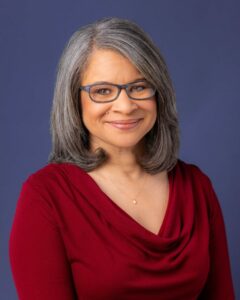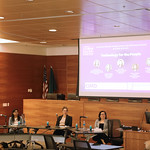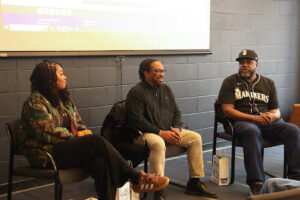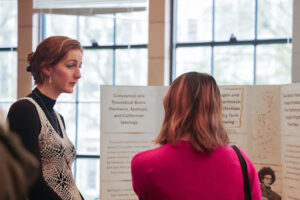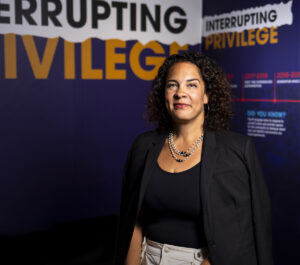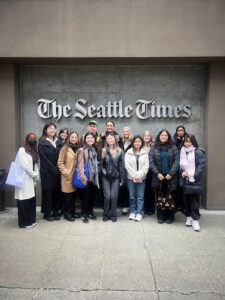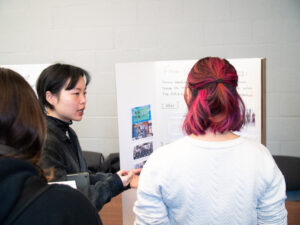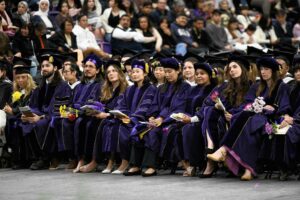Angela King, ’94, receives Charles E. Odegaard Award for her her journalism, mentorship and volunteerism
Many of us know Angela King as the morning voice of KUOW—Seattle’s public radio station. And many are familiar with King at a podium, the cheerful sound of her voice filling the HUB ballroom at the annual Celebration dinner hosted by the Office of Minority Affairs & Diversity. The Pacific Northwest journalist is a perennial … Read More

